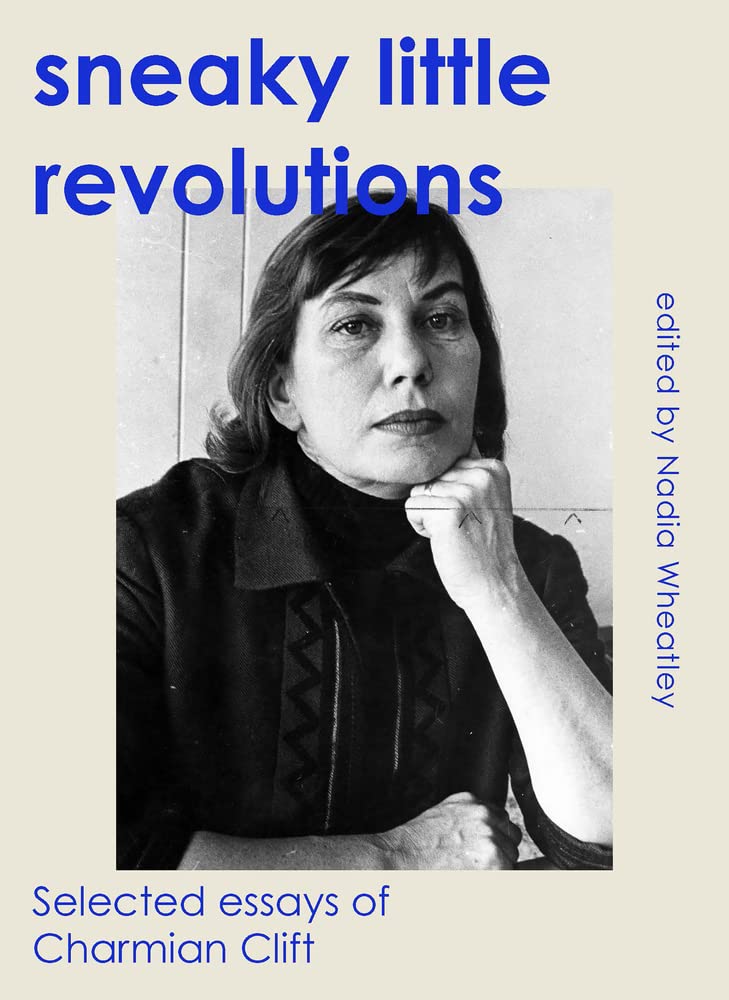In stock - ships today
‘I know it’s a daring suggestion, but I’ll make it anyway.’ Charmian Clift was a writer ahead of her time. Lyrical and fearless, her essays seamlessly wove the personal and the political. In 1964, Charmian Clift and her husband George Johnston returned to Australia after living and writing for many years in the cosmopolitan community of artists on the Greek island of Hydra. Back in Sydney, Clift found her opinions were far more progressive than those of many of her fellow Australians. This new edition of Charmian Clift’s essays, selected and introduced by her biographer Nadia Wheatley, is drawn from the weekly newspaper column Clift wrote through the turbulent and transformative years of the 1960s. In these ‘sneaky little revolutions,’ as Clift once called them, she supported the rights of women and migrants, called for social justice for Aboriginal and Torres Strait Islander people, opposed conscription and the war in Vietnam, acknowledged Australia’s role in the Asia-Pacific, fought censorship, called for an Australian film industry—and much more. In doing so, she set a new benchmark for the form of the essay in Australian literature.

‘I know it’s a daring suggestion, but I’ll make it anyway.’ Charmian Clift was a writer ahead of her time. Lyrical and fearless, her essays seamlessly wove the personal and the political. In 1964, Charmian Clift and her husband George Johnston returned to Australia after living and writing for many years in the cosmopolitan community of artists on the Greek island of Hydra. Back in Sydney, Clift found her opinions were far more progressive than those of many of her fellow Australians. This new edition of Charmian Clift’s essays, selected and introduced by her biographer Nadia Wheatley, is drawn from the weekly newspaper column Clift wrote through the turbulent and transformative years of the 1960s. In these ‘sneaky little revolutions,’ as Clift once called them, she supported the rights of women and migrants, called for social justice for Aboriginal and Torres Strait Islander people, opposed conscription and the war in Vietnam, acknowledged Australia’s role in the Asia-Pacific, fought censorship, called for an Australian film industry—and much more. In doing so, she set a new benchmark for the form of the essay in Australian literature.
Pages - 480
Binding - Paperback
Publisher - NewSouth
Publication Date - 2022-07-01
ISBN - 9781742237442